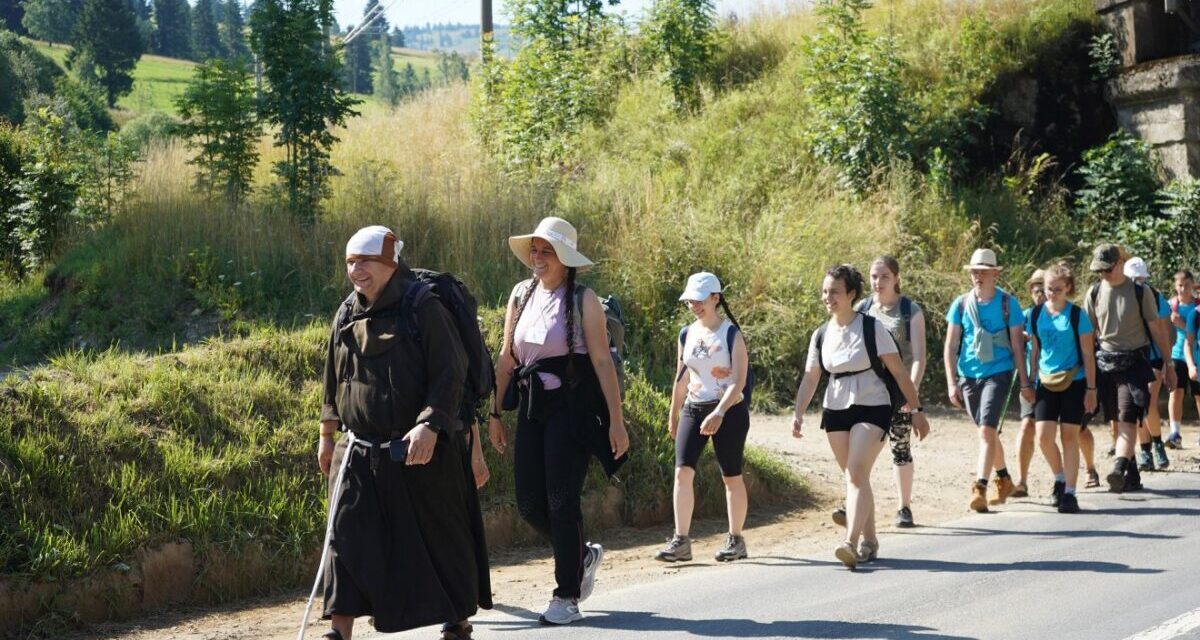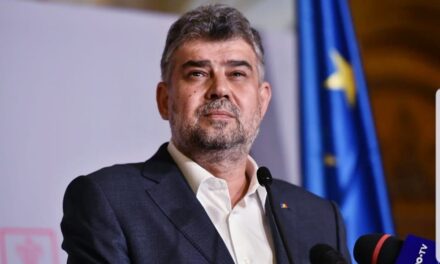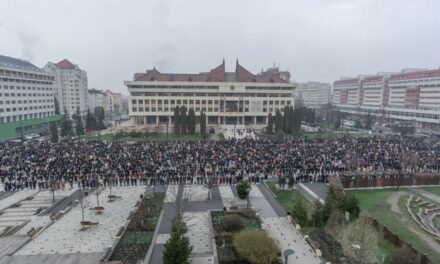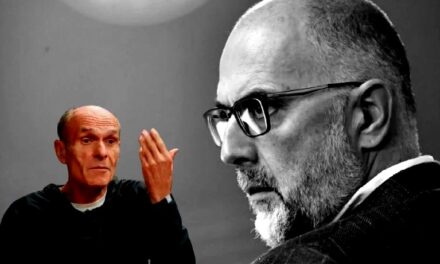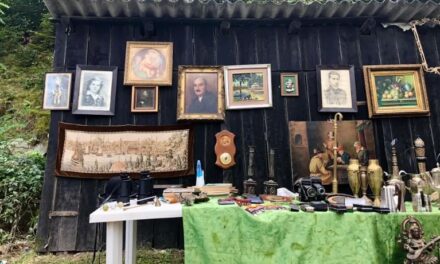The Transylvanian Franciscans are holding the Franciscan Youth Pilgrimage again this year in the spirit of the spirituality of St. Francis of Assisi, i.e. closeness to nature, attention to the created world, fellow travelers, God, as well as slowing down and breaking away from virtuality.
The Franciscan Youth Pilgrimage (FeriZa) initiative is more than two decades old, and is the brainchild and main organizer of Orbán Szabolcs, a monk serving in Cluj-Napoca and a university professor. Based on his experiences so far, he talked about how he sees the main spiritual benefits of the walking pilgrimage organized for young people, in the spirit of the close-to-nature spirituality of St. Francis of Assisi.
- I don't know if it is possible to talk about a general main spiritual result: I believe that everyone has their own life path, their own experience, and everything that they live in these few days is built into it (certainly everyone a little differently ).
I see more and more that FeriZa provides more of a framework, a path, and thus perhaps a little help for those who accept it to take a bigger step in their great "pilgrimage".
In this, beyond the physically traveled path, the created world - which surrounds us very closely these few days - certainly "amplifies" many things, which the "artificial" world that surrounds us for most of our lives may not allow us to notice. If necessary, perhaps I would call this established, experienced, more sensitive and attentive presence a spiritual return, said the main organizer.
When asked what the benefits could be, with which young people who spend most of the year in big cities can enrich their everyday lives, the monk answered the following: the world has changed a lot since the first FeriZa in 2003: perhaps most of the participants were a little closer to nature then.
"Of course, there were people who carried cosmetic equipment with them for days in the forest, or asked for a small pillow to sleep at night, etc., but these were blatant cases. Nowadays, there are fewer people who would feel at home in nature. But I think that what has always been an important experience is the experience of community: community with each other - and so even in these few days the "make-up" wears off, community with the Creator, who can be admired in so many ways, and not incidentally by pushing our boundaries, not infrequently, by defeating ourselves, perhaps we get closer to ourselves," said Szabolcs Orbán.
Based on his experiences on pilgrimages, Szabolcs Orbán also reported on how he sees that in today's fast-paced, information-flooded, screen-dominated, fast-paced world, young people - but anyone - need this kind of slowing down, closeness to nature, the Paying attention to God, the environment, and fellow travelers, as before.
"Unfortunately, we are increasingly locking ourselves in a virtual world in which we live our relationships, from which we absorb and feed ourselves with information, but which are increasingly distant from reality, from the "natural". An experience like this, especially as we consciously try to curb our dependence on the virtual for these few days, and even our excessive attachment to civilization, offers us a chance to better understand the created world around us, the one who may be limping or singing next to us. in our partner - let's feel it real. And this might also help us to return to see the somewhat "work" world differently, to evaluate it more correctly," Szabolcs Orbán pointed out.
The monk said: right from the beginning, it has been a feature of FeriZá that after the first night, which is a little meeting, a little shaky, the participants try to spend the next three days in nature - preferably avoiding inhabited settlements, sleeping in tents or even in the open air at night.
The framework of the day is provided by communal prayer occasions: usually the morning prayer of the church's official prayer, the psalm, and in the afternoon and evening - upon arrival at the camp site - the holy mass.
In general, each day has a theme - which is the breakdown of the larger theme of the pilgrimage of the given year - for which there is an introductory reflection in the morning, followed by a quiet period when they try to pay attention to what they heard and the thoughts that moved the participants. There is also a more prayerful section in the afternoon, which is also inserted into the walking period. Among them, they pay attention to the created world, to the pilgrims next to us, obviously in a more informal form.
The final destination of FeriZa every year - except maybe one year - is Csíksomlyó: they want to arrive here for Porciunkula, which is a favorite holiday of St. Francis of Assisi, and which he also called the day of reconciliation (this is August 2, this day is usually spent at the Shrine).
The starting point changes: this year, the participants looked at Marosfő, met there on Sunday afternoon, and started from there on Monday morning, climbing the ridge of the Hargita towards Csíksomlyó. "We are planning this as a three-day walk, so the goal is not to arrive quickly, but rather to walk the Út JÓ, marveling at Providence, paying attention to what is next to us... and especially enjoying nature," said Szabolcs Orbán.
In recent years, the themes have been adapted to the 800-year Franciscan jubilee,
thus, in the light of the stigmatization of St. Francis, they chose the motto "Wounded by Love" this year, and while they walk their way, they try to pay attention to the wounds, their wounds, and at the same time to their healing, to tune in to it, because Porciunkula is also the celebration of true healing through reconciliation.
Cover image: Franciscan monk Szabolcs Orbán leads the group of young pilgrims
Source: Krónika.ro/ Tibor Pantea

